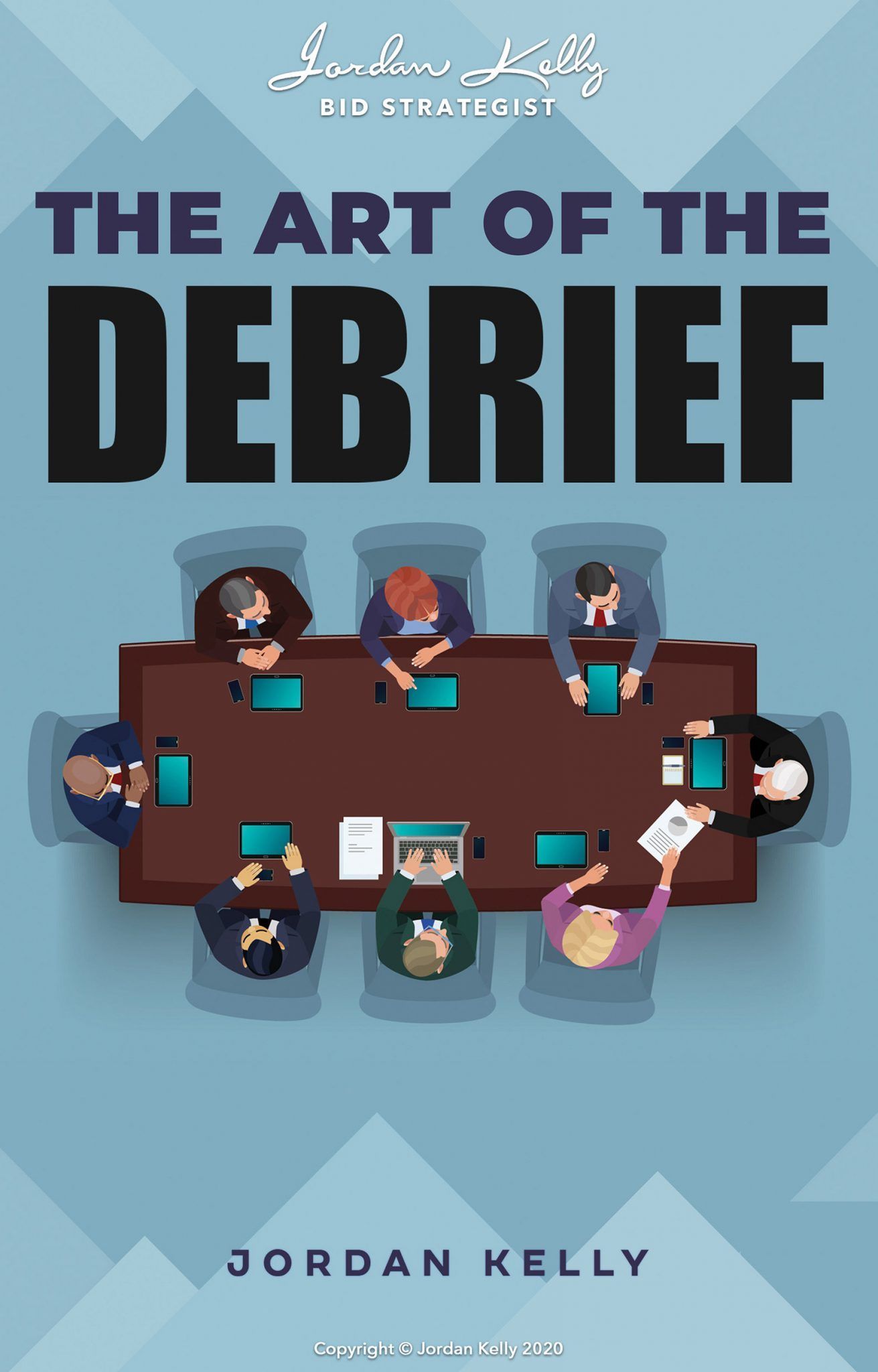CATEGORIES:

Apparently, before important business meetings, Aristotle Onassis used to stand alone – in the wee small hours of the morning – on the deck of his yacht, going over and over anything that could go wrong during the proceedings.
To take a critical pursuit or bidding perspective on this obviously productive habit, we might think of this as a debrief-in-reverse.
Here’s a checklist to prompt you as you mind-map these out ahead of time.
Get together with any colleagues you’ll be attending the meeting in question with, and ask yourselves:
- What if, despite our best efforts, we find we’re not meeting with the optimum representatives of the client or customer organisation?
- What if there’s been some recent development that the client assumes we know about, and we don’t?
- What if there’s something the client-side considers fundamental that we haven’t picked up on?
- What if the client-side representatives have a negative impression of our company, product or service? Worse still, what if they come in from left field with something that’s happened that we don’t know about? What if they’ve had an experience with us or our product of which we haven’t become aware?
- What if the client asks something about our product we can’t answer?
- What if the procurement timeframe is significantly different than we have been given to believe?
IMPORTANT: Anticipating what could go wrong ahead of time is key to preparing more strategically for the meeting, to greatly reduce the chances of such outcomes. However, it’s always best to expect the unexpected, in addition to thorough preparation.
TO BID OR NOT TO BID
(Training Program)
The real value of a thorough and well thought-out bid/no bid decision analysis – whether highly structured or less so – results from asking the right questions (in a logically-progressing order) and seeking out well-researched answers.
It's a customised, deep-thinking process during which a valuable perspective of the client and the opportunity is built. When that is followed by a realistic self-analysis, the framework is in place for making a genuinely strategic, properly informed decision.
THE ART OF THE DEBRIEF

(Training Program)
The key to getting the best value from any de-briefing session offered to you is to plan carefully, in order to extract every possible clue from the process.
This two-module course provides step-by-step, real-time guidance to assist you in maximising the intel and insights available from the de-briefing opportunity. It also guides you along as you seek to ensure the permanence of the insights obtained, and the incorporation of their value into future bidding processes.



